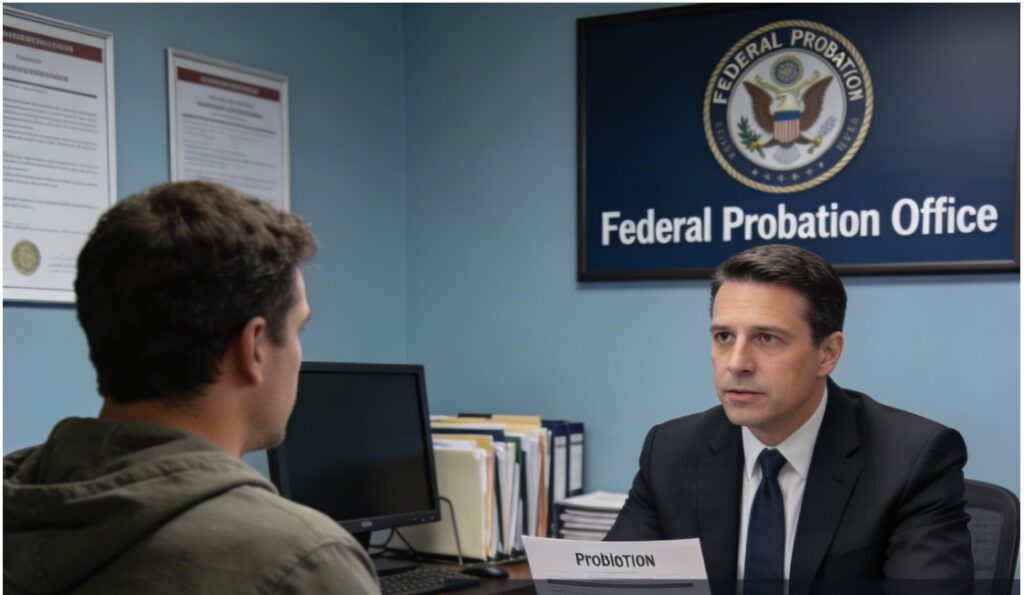Understanding Your Fourth Amendment Rights: Search and Seizure Laws in Missouri
Understanding Your Fourth Amendment Rights: Search and Seizure Laws in Missouri. Law enforcement officers have the authority to conduct searches and seizures, but this power is not unlimited. The Fourth Amendment of the U.S. Constitution protects individuals from unreasonable searches and seizures, meaning police must have a valid legal reason to stop, search, or arrest someone.
However, unlawful searches still happen frequently—often due to vague justifications like “reasonable suspicion” or “probable cause.” These legal standards, when misused, can lead to violations of constitutional rights. If you have been subjected to a search that you believe was illegal, it is critical to understand your rights and explore possible legal options.
Here’s what this guide will cover:
- When police can and cannot conduct searches.
- The difference between reasonable suspicion and probable cause.
- Your rights during different types of searches.
- What to do if you experience an unlawful search or racial profiling.
- How to challenge illegal searches and get evidence suppressed in court.
If you believe your Fourth Amendment rights were violated, contact our St. Louis criminal defense attorneys to review your case by calling (314) 900-HELP or contacting us online.
What Does the Fourth Amendment Protect?
The Fourth Amendment states:
“The right of the people to be secure in their persons, houses, papers, and effects, against unreasonable searches and seizures, shall not be violated, and no warrants shall issue, but upon probable cause, supported by oath or affirmation, and particularly describing the place to be searched, and the persons or things to be seized.”
This means that police cannot search you, your vehicle, or your home without:
- A valid search warrant issued by a judge.
- Probable cause to believe a crime has been committed.
- Your consent (though you have the right to refuse).
- Exigent circumstances (such as a threat to public safety).
Despite these protections, police often conduct warrantless searches, sometimes stretching the definition of “reasonable suspicion” to justify stops—particularly in minority communities. If you were searched without a warrant or clear probable cause, you may have a case to challenge the search in court.
Reasonable Suspicion vs. Probable Cause: What’s the Difference?
One of the most commonly misunderstood aspects of search and seizure law is the difference between reasonable suspicion and probable cause.
| Legal Standard | Definition | When Police Can Act |
|---|---|---|
| Reasonable Suspicion | A low standard that allows officers to briefly stop and question a person if they have specific and articulable facts suggesting criminal activity. | Can justify a stop but not a full search. |
| Probable Cause | A higher standard requiring sufficient evidence to believe a crime has been committed, which is needed to conduct a search, make an arrest, or obtain a warrant. | Required for arrests, searches, and obtaining warrants. |
Many illegal searches occur because police claim they had reasonable suspicion when, in reality, no clear facts supported their decision to stop someone. A skilled criminal defense lawyer can challenge the legitimacy of the stop in court.
Your Protections During Different Types of Police Searches Under the Fourth Amendment
The Fourth Amendment protects individuals from unreasonable searches and seizures, but not all searches require a warrant. Courts have established several exceptions where police may conduct warrantless searches under specific conditions.
1. Searches with a Warrant
- A valid search warrant is issued by a judge and must specify where officers can search and what they can seize.
- Police must have probable cause to obtain a warrant.
- Any search beyond the scope of the warrant may be challenged in court.
2. Consent Searches
- Police do not need a warrant if a person voluntarily consents to a search.
- You have the right to refuse consent, and refusing cannot be used as evidence of guilt.
- If multiple people share a space, one occupant can consent to a search unless another occupant refuses.
3. Searches Incident to Arrest
- If police lawfully arrest someone, they can search the person and their immediate surroundings.
- This is to ensure officer safety and prevent the destruction of evidence.
- However, officers cannot search an entire home or vehicle without additional justification.
4. Exigent Circumstances (Emergency Searches)
- Officers can conduct a warrantless search if there is an immediate threat to public safety or evidence is at risk of destruction.
- Examples include:
- Hearing shouts for help inside a home.
- Seeing a suspect destroying evidence.
- Hot pursuit of a fleeing suspect who runs inside a building.
5. Stop and Frisk (Terry Stops)
- Under Terry v. Ohio, police can briefly stop and pat down a person if they have reasonable suspicion that the person is armed and dangerous.
- This does not allow a full search—only a limited frisk for weapons.
- Many courts have ruled that frisking without true suspicion is unconstitutional.
6. Plain View Doctrine
- If an officer legally enters an area and sees evidence of a crime in plain sight, they can seize it without a warrant.
- For example, if drugs are visible in a car during a lawful traffic stop, officers can seize them.
- This rule does not allow officers to move objects or enter a home without proper authority.
7. Vehicle Searches
- Police can search a vehicle without a warrant if they have probable cause to believe it contains evidence of a crime.
- Vehicles are treated differently from homes because they are mobile, meaning evidence can disappear quickly.
- If arrested, an officer may conduct a limited search of the passenger area but cannot search the trunk without probable cause.
What Should You Do If You Are Searched or Arrested in St. Louis?
If you are stopped and searched by police in St. Louis or anywhere in Missouri, follow these steps:
1. Stay Calm & Be Respectful
- Do not argue or resist—even if you believe the stop is unfair.
- Comply with basic requests (providing license/registration) but do not consent to a search.
2. Ask If You Are Free to Leave
- If you are not being detained, you have the right to walk away.
- Ask the officer, “Am I free to go?” If they say yes, leave calmly.
3. Do Not Consent to a Search
- If police ask to search your car, home, or belongings, you can legally say “I do not consent to a search.”
4. Invoke Your Right to Remain Silent
- Do not answer questions beyond providing your name and identification.
- If questioned further, say “I am invoking my right to remain silent and I want an attorney.”
Protect Your Fourth Amendment Rights – Contact a Missouri Criminal Defense Attorney Today
Unlawful searches and seizures happen more often than people realize. If police searched your property without a warrant, lacked probable cause, or violated your rights, you may be able to get evidence suppressed and fight the charges against you.
At Combs Waterkotte, we have successfully defended clients against wrongful arrests, illegal searches, and Fourth Amendment violations. Call us today for a free consultation at (314) 900-HELP or contact us online, and let us help you fight back.







